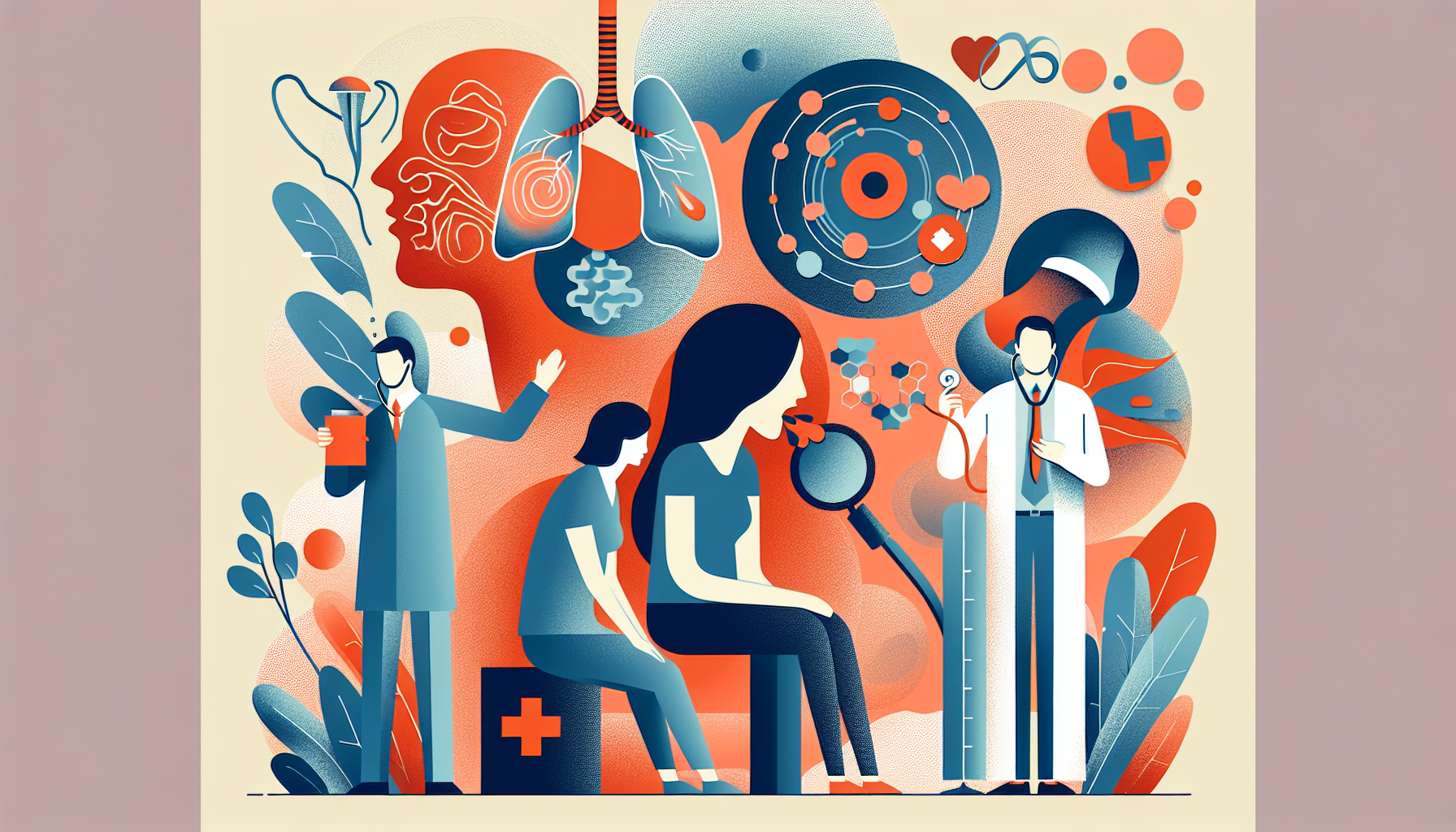Dysphagia is a condition that makes swallowing difficult or, in some cases, impossible. While swallowing may seem like a simple task, it actually involves a complex process that requires the coordination of your brain, nerves, muscles, and esophagus. When any part of this process is disrupted, dysphagia can occur.
Stages of Dysphagia
Swallowing normally happens in three phases, and dysphagia can occur at any of these stages:
Oropharyngeal dysphagia: Difficulty containing food or liquid in the mouth.
Pharyngeal dysphagia: Problems with the reflexes that move food from the mouth to the throat.
Esophageal dysphagia: Issues with the muscular contractions that move food through the esophagus to the stomach.
Causes of Dysphagia
Dysphagia can be caused by a wide range of factors, including:
Neurological disorders such as Parkinson's disease, multiple sclerosis, or ALS
Muscle problems in the mouth or throat, often caused by a stroke
Esophageal issues such as achalasia, strictures, or rings
Vocal fold paralysis, oropharyngeal or laryngeal masses
Inflammation or scarring of the esophagus due to GERD or radiation therapy
Blockages in the throat or esophagus, particularly in older adults with dentures
Complications of Dysphagia
If left untreated, dysphagia can lead to serious complications, including:
Choking or coughing when food blocks the airways
Malnutrition or dehydration due to avoiding eating and drinking
Chest infections such as pneumonia from inhaling food particles
Symptoms of Dysphagia
Some common symptoms that may indicate a swallowing problem include:
If food becomes lodged in your esophagus for more than 15 minutes and doesn't pass on its own or with liquids, seek emergency medical attention.
Diagnosing Dysphagia
If you suspect you have a swallowing problem, consult your doctor. They may recommend tests such as:
Esophagram: An imaging test that uses X-rays to watch food pass through your esophagus.
Upper endoscopy: A procedure that uses a flexible tube with a camera to examine your esophagus.
Manometry: A test that measures the strength and timing of esophageal contractions.
Impedance and pH test: A test that checks for acid reflux as a possible cause of dysphagia.
Treating Dysphagia
Treatment for dysphagia depends on the underlying cause and severity of the condition. Some swallowing problems may resolve on their own, while others may require management techniques or specialized treatment. Here are some tips for managing dysphagia:
Sit upright at a 90-degree angle when eating and remain upright for 15-20 minutes after meals.
Minimize distractions and focus on eating and drinking slowly.
Cut food into small pieces, chew thoroughly, and swallow small amounts at a time.
Drink plenty of fluids and use liquid thickeners if thin liquids cause coughing.
Crush pills and mix them with applesauce or pudding, or ask your pharmacist about liquid medications.
If you experience regular choking during meals, pain when swallowing, or repeated cases of pneumonia, speak with your doctor about dysphagia. Early diagnosis and treatment can help prevent complications and improve your quality of life.
For more information on dysphagia, visit:
The Bottom Line
Early recognition and treatment prevent life-threatening complications like malnutrition and aspiration pneumonia, which can develop within weeks of symptom onset. Working with a speech-language pathologist and following modified diet textures can dramatically improve safety and quality of life. If you're experiencing frequent coughing during meals or food sticking sensations, Doctronic can help connect you with appropriate specialists quickly.



